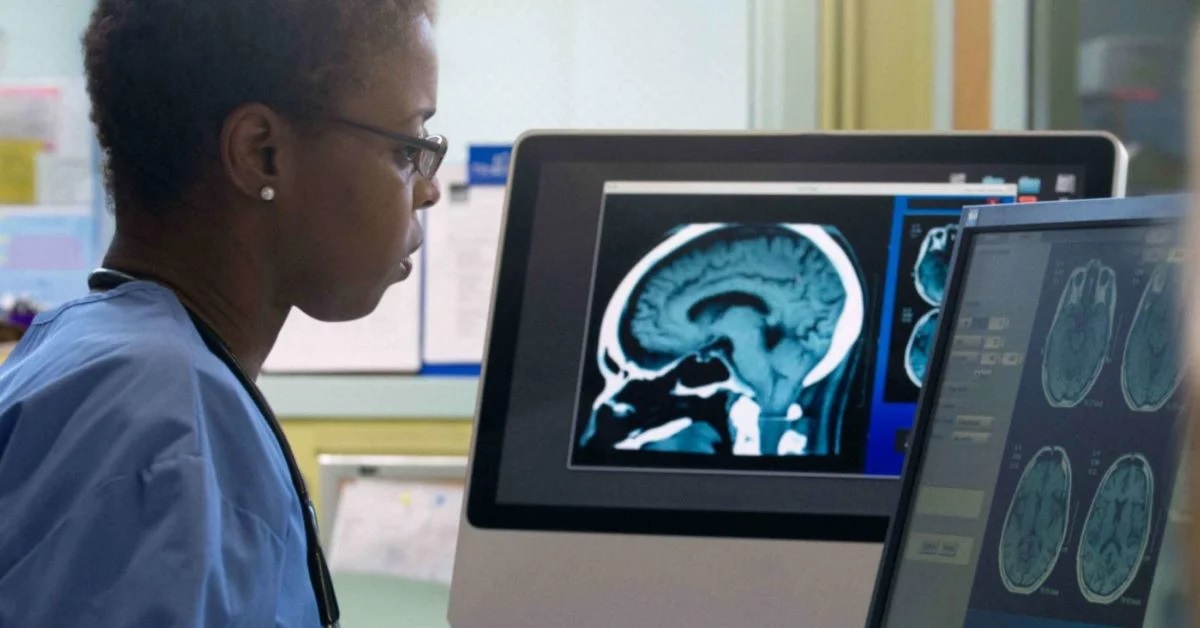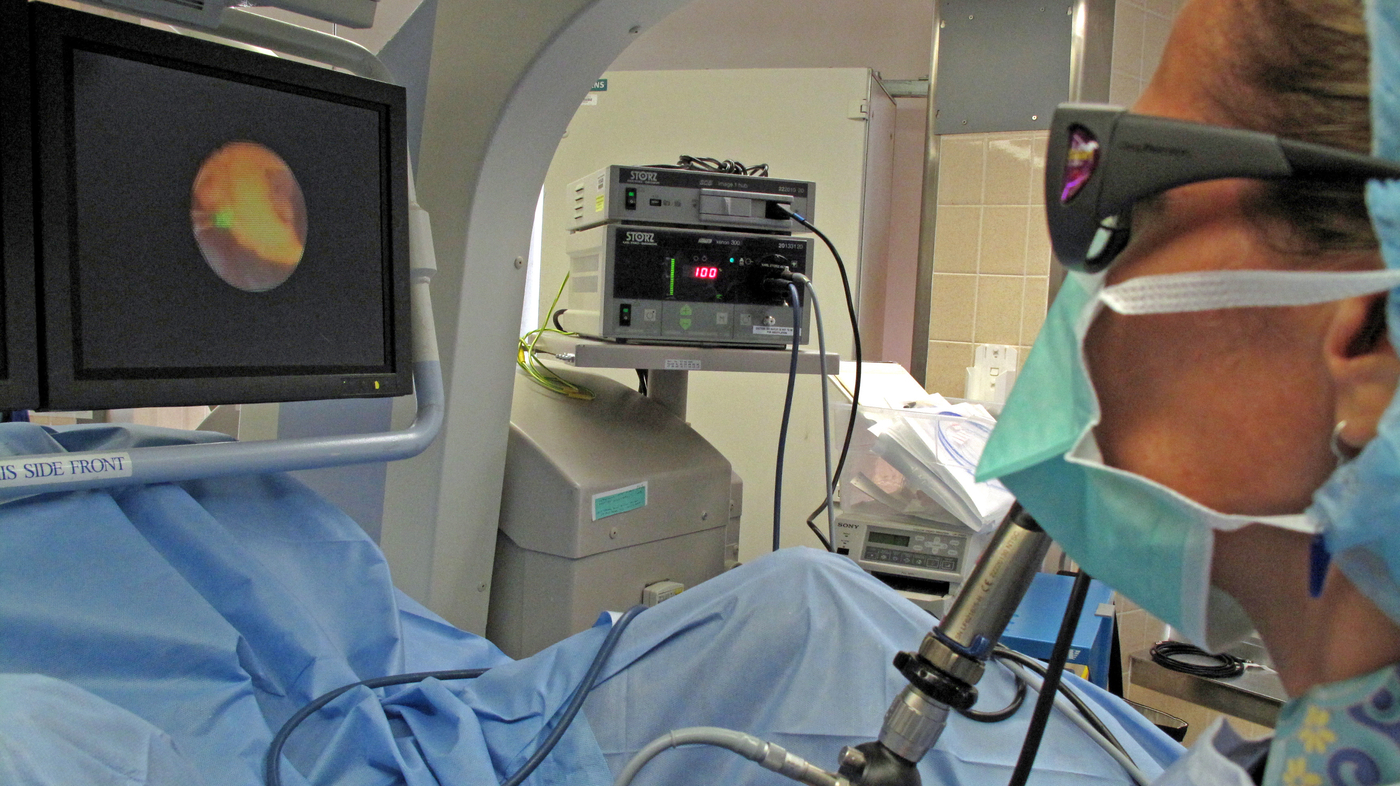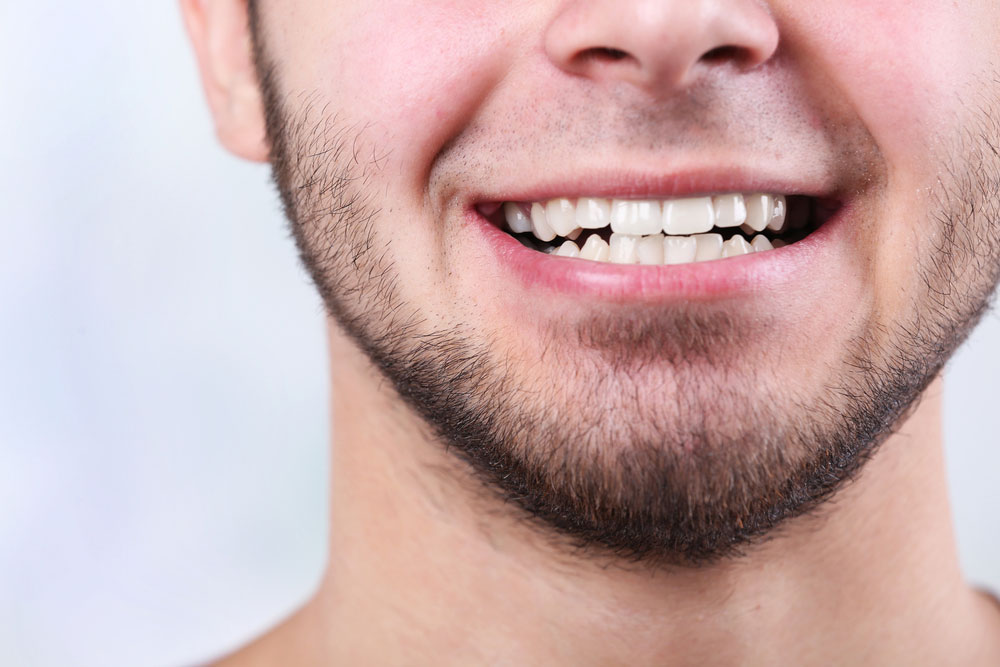
Hair loss is a common condition that affects both men and women. There are several factors that can cause hair loss, including genetics, hormonal changes, stress, and poor nutrition. Losing hair can have a significant impact on a person’s self-esteem and confidence, leading them to seek out non-surgical hair loss treatments to address the issue. Non-surgical treatments for hair loss offer a safe and effective way to restore hair growth without undergoing surgery. In this blog post, we will explore the various causes of hair loss and the non-surgical treatments available to address the issue.
Common Causes Of Hair Loss
Genetics And Hereditary Factors
One of the key factors contributing to hair loss is genetics and hereditary factors. Hair loss has been linked to certain genes that are inherited from parents and passed down through generations. In particular, male pattern baldness is a common genetic condition that affects up to 70% of men. This condition is caused by the hormone dihydrotestosterone (DHT), which is a byproduct of testosterone.
DHT attacks hair follicles, causing them to shrink and eventually stop producing hair. Female pattern baldness is also linked to genetics, although it is less common than in men. Understanding the role of genetics in hair loss is crucial for developing effective non-surgical treatments. While genetic factors cannot be changed, there are treatments such as medications and low-level laser therapy that can help slow down or reverse the effects of hair loss caused by genetics.
Hormonal Imbalances And Changes
Hormonal imbalances and changes are among the most common causes of hair loss in both men and women. Hormones play a crucial role in regulating many bodily functions, including hair growth. And when there is an imbalance or change in hormone levels, it can disrupt the normal hair growth cycle, leading to hair loss. One of the most common hormonal causes of hair loss is androgenetic alopecia, which is linked to elevated levels of androgens (male hormones) in the body.
Other hormonal imbalances that can cause hair loss include thyroid imbalances, pregnancy and childbirth, menopause, and polycystic ovary syndrome (PCOS). Non-surgical treatments for hair loss caused by hormonal imbalances and changes include medications that regulate hormone levels, such as finasteride and minoxidil, and lifestyle changes that promote hormonal balance, such as stress reduction and maintaining a healthy diet.
Nutritional Deficiencies And Diet
Nutritional deficiencies and diet are some of the most common causes of hair loss. A diet that is lacking in certain essential nutrients, such as iron, protein, and vitamins, can lead to hair loss and thinning. Iron is necessary for the production of hemoglobin, which carries oxygen to the hair follicles. Protein provides the building blocks for hair growth, while vitamins such as biotin and vitamin D play a crucial role in maintaining healthy hair.
A diet that is high in processed foods, sugar, and unhealthy fats can also lead to hair loss. It is important to maintain a balanced diet that provides all the necessary nutrients for healthy hair growth. In cases where a nutrient deficiency is suspected, it may be necessary to supplement the diet with vitamins or minerals to promote hair growth and prevent further loss.
Stress And Anxiety Management
Stress and anxiety are major causes of hair loss. When under stress, the body produces a hormone called cortisol, which can lead to hair thinning and hair loss. Chronic anxiety can also lead to a condition called trichotillomania, where individuals pull out their hair as a coping mechanism. Managing stress and anxiety is therefore important in preventing hair loss.
Techniques such as meditation, exercise and therapy can be effective in reducing stress and anxiety levels. These techniques can help regulate cortisol levels in the body and improve overall mental health. It’s important to note that stress management is a long-term process and may require consistent effort and patience to see results. As part of a comprehensive approach to treating hair loss, managing stress and anxiety can be an effective non-surgical hair loss treatment option.
Effective Non-surgical Hair Loss Treatments
Topical Solutions And Medications
Topical solutions and medications are another option for individuals experiencing hair loss. These treatments typically work by promoting hair growth or preventing further hair loss. One popular medication is minoxidil, which is available over-the-counter and applied directly to the scalp. It is believed to improve blood flow to the hair follicles, thereby promoting growth. Another medication, finasteride, is a prescription medication that is taken orally and works by blocking the conversion of testosterone into dihydrotestosterone (DHT), a hormone that can contribute to hair loss.
Other topical solutions may contain vitamins, minerals, and other natural ingredients that are thought to promote hair growth. It is important to consult with a healthcare professional before using any topical solutions or medications for hair loss, as some may have side effects or interact with other medications.
Fotona Hair Loss Treatment in Singapore
Hair loss is a common problem that affects both men and women, and it can have a significant impact on one’s self-esteem and confidence. There are several factors that contribute to hair loss, including genetics, age, hormonal changes, and environmental factors. While there are several surgical options available to treat hair loss, such as hair transplants, many people prefer non-surgical treatments.
One such treatment is the Fotona Hair Loss Treatment, which is becoming increasingly popular in Singapore. This treatment uses laser technology to stimulate hair growth and improve the overall health of the hair and scalp. The laser is gentle and non-invasive, making it a safe and effective option for those who want to avoid surgery. The treatment involves several sessions, and patients can expect to see visible results within a few months. Overall, the Fotona Hair Loss Treatment is a promising non-surgical option for those struggling with hair loss in Singapore.








Comments